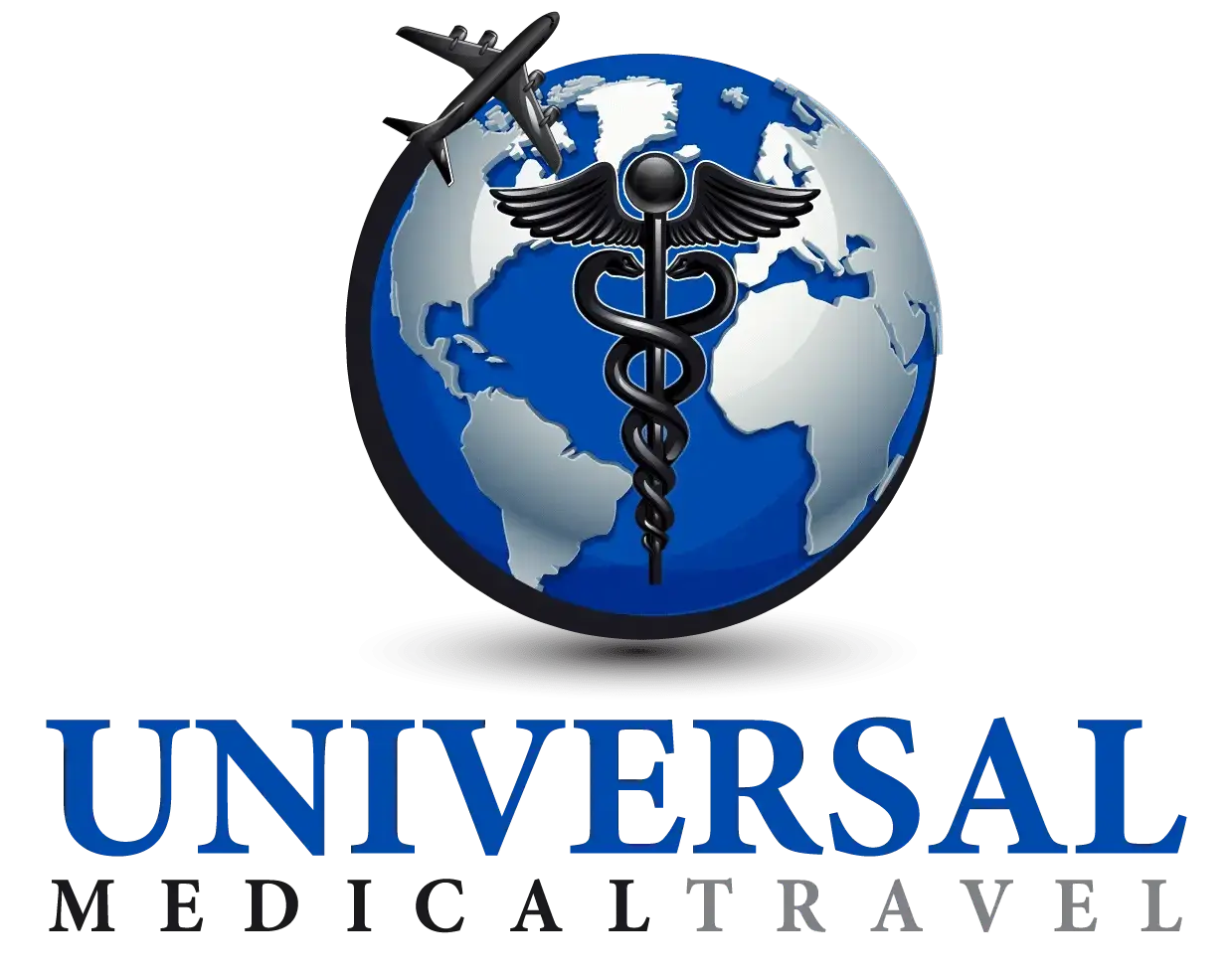Organ transplantation is a life-saving medical procedure that involves replacing a failing or damaged organ with a healthy one from a donor. It has revolutionized modern medicine, offering hope to patients with end-stage organ failure. Over the past few decades, advancements in surgical techniques, immunosuppressive therapies, and post-operative care have significantly improved transplant success rates and patient outcomes. Organ transplants not only extend life expectancy but also enhance the quality of life for recipients who otherwise would have no other treatment options.
This guide covers essential aspects of organ transplantation, including eligibility, types of transplants, donor information, procedures, and post-transplant care. Understanding the intricacies of organ transplantation is crucial for patients, caregivers, and even potential donors who wish to make a difference. As medical science continues to evolve, transplantation remains one of the most profound and impactful procedures available today.
Types of Organ Transplants
There are several types of organ transplants, including:
- Kidney Transplant: The most common type, often required for patients with end-stage renal disease. Kidney transplants can be performed with organs from both deceased and living donors, significantly improving life expectancy and reducing dependency on dialysis.
- Liver Transplant: Necessary for individuals with severe liver disease or failure. Living donor liver transplantation is possible because the liver can regenerate, allowing a portion of a healthy liver to be donated and grow back in both the recipient and donor.
- Heart Transplant: Recommended for patients with advanced heart failure who have exhausted other treatment options. Heart transplants can dramatically enhance survival rates and overall well-being.
- Lung Transplant: For individuals with severe lung diseases such as COPD, cystic fibrosis, or pulmonary fibrosis. Depending on the severity of the condition, a single or double lung transplant may be required.
- Pancreas Transplant: Often performed for patients with type 1 diabetes to restore normal insulin production and eliminate the need for insulin injections.
- Intestine Transplant: Less common but essential for patients with intestinal failure or severe digestive disorders that prevent proper nutrient absorption.
- Multivisceral Transplant: A combination of multiple organ transplants for complex conditions, often involving the liver, pancreas, stomach, and intestines.
Who Can Receive an Organ Transplant?
Eligibility for an organ transplant depends on several factors, including:
- Severity of organ failure
- Overall health condition and ability to withstand major surgery
- Absence of contraindications such as active infections, cancer, or severe cardiovascular conditions
- Psychological and social readiness, including the ability to adhere to post-transplant care and medication
- Compatibility with available donor organs, which is determined through blood type, tissue matching, and antibody screening
Transplant candidates must undergo a rigorous evaluation process, including medical testing, consultations with specialists, and psychological assessments to ensure they are suitable for transplantation.
Organ Donation
Organs can be donated by:
- Deceased Donors: Individuals who have registered as organ donors or whose families consent to donation after brain or cardiac death. Deceased donor transplants provide the majority of transplanted organs worldwide.
- Living Donors: Individuals who voluntarily donate a kidney, part of their liver, or, in rare cases, a lung or intestine. Living donor transplants have the advantage of shorter waiting times and improved outcomes due to better organ quality.
Raising awareness about organ donation and increasing donor registration are crucial in addressing the global shortage of transplantable organs.
The Transplant Process
- Evaluation & Listing: Patients undergo extensive medical evaluation before being placed on the transplant waiting list. Specialists assess the patient’s condition, overall health, and suitability for surgery.
- Waiting Period: Time on the list varies based on organ availability, medical urgency, and compatibility. Patients must adhere to strict monitoring and medical guidance during this period.
- Matching & Surgery: Once a match is found, transplant surgery is performed under expert care. The procedure involves replacing the diseased organ with the donor organ, followed by intensive monitoring.
- Post-Transplant Care: Patients must take immunosuppressant medications to prevent rejection, follow strict medical guidelines, and maintain regular follow-up appointments. Lifestyle changes, including a balanced diet and physical activity, play a vital role in recovery and long-term success.
Risks and Complications
While organ transplants offer new life, they come with potential risks such as:
- Organ rejection, which occurs when the recipient’s immune system attacks the new organ
- Infections due to immunosuppressants that weaken the body’s defense mechanisms
- Surgical complications such as bleeding, clotting, or reaction to anesthesia
- Long-term medication side effects, including kidney damage, diabetes, and high blood pressure
Managing these risks requires close coordination between patients and their healthcare teams, ensuring proper medication adherence and lifestyle adjustments.
Life After Transplantation
Patients need lifelong medical follow-ups, a healthy lifestyle, and medication adherence to ensure the success of their transplant. Support groups and counseling can also help recipients adjust to post-transplant life. Rehabilitation programs, dietary changes, and consistent exercise are recommended to enhance overall well-being and prevent complications. Additionally, ongoing research in regenerative medicine and bioengineering may further improve transplant outcomes in the future.
Conclusion
Organ transplantation is a remarkable medical achievement that saves lives. By understanding the process, risks, and responsibilities, patients and their families can make informed decisions and ensure the best possible outcomes. Increased awareness about organ donation and continued advancements in medical science will help bridge the gap between the demand and supply of organs, offering hope to millions worldwide. Contact Universal Medical Travel for more information.
